Are you curious about ancient civilizations and archaeological finds? Here are the archaeology museums you must see in Argentina:
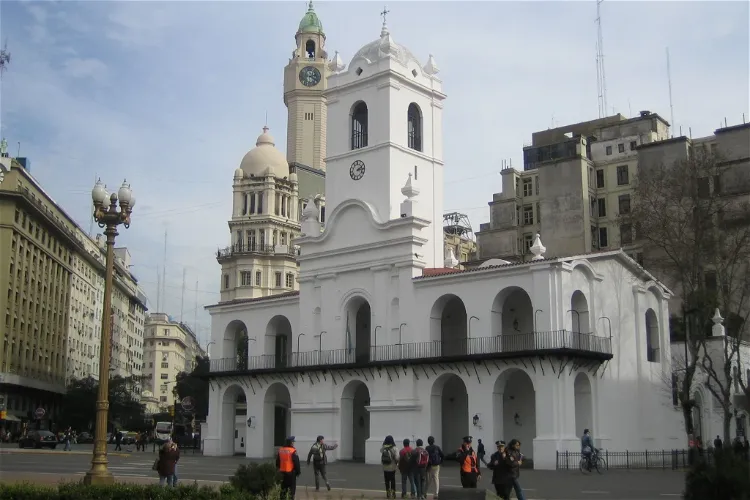
Cabildo
Buenos AiresThe Cabildo of Buenos Aires is a significant historical site, having served as the town council's seat during the colonial era and the government house of the Viceroyalty of the Río de la Plata. This building's historical significance makes it a point of interest for tourists interested in the city's colonial past.
Museum of High Altitude Archaeology
SaltaThe Museum of High Altitude Archaeology (MAAM) in Salta, Argentina, was established with the purpose of safeguarding, studying, and disseminating the discovery of the Llullaillaco children. This archaeological find, dating back more than 500 years to the height of the Inca state, is considered one of the most significant of recent times. The museum's mission is to preserve this important piece of history and share it with the public.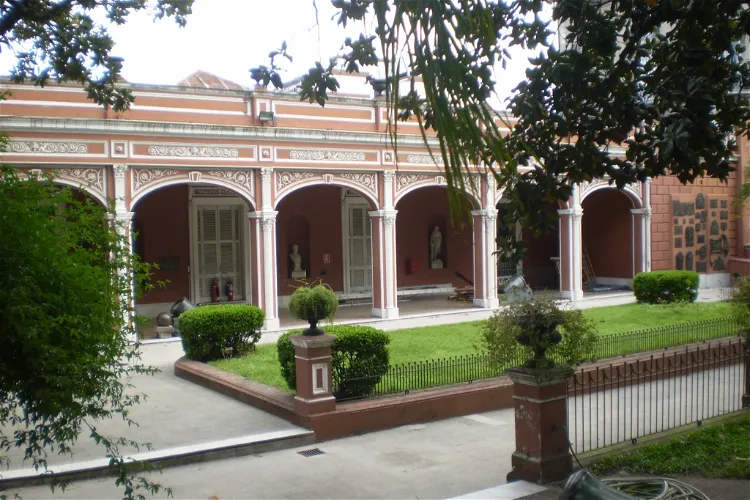
National Historical Museum
Buenos AiresThe Argentine National Historical Museum, situated in Buenos Aires, Argentina, is a museum that focuses on the history of Argentina. It showcases objects that are related to the May Revolution and the Argentine War of Independence. These exhibits provide a deep insight into the country's past and the events that shaped its present.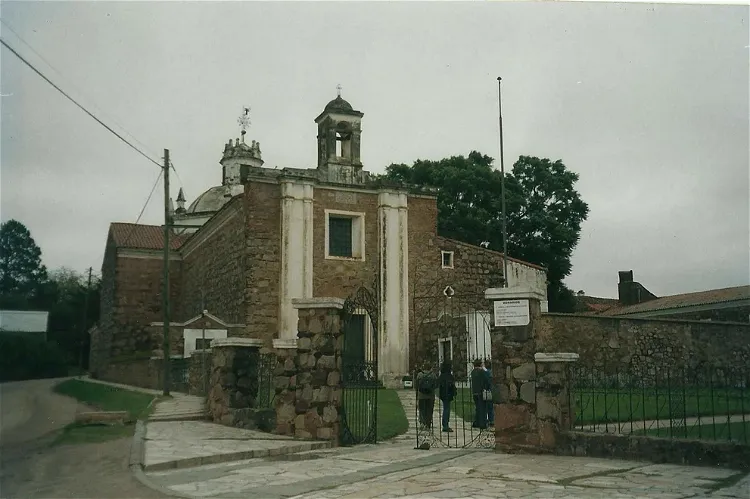
Estancia de Jesús María
Jesús MaríaLa Estancia de Jesús María - Museo Jesuítico Nacional is a significant historical site in the province of Córdoba. It is one of the five Jesuit estancias, which, along with other notable landmarks such as the Church of the Company of Jesus, the Domestic Chapel, the Monserrat National College, and the House of Trejo, have been recognized as a World Heritage Site by UNESCO on November 29, 2000. This recognition underscores the historical and cultural value of these sites.
Fundacional Museum
MendozaEl Museo del Área Fundacional, located in the city of Mendoza, Argentina, is a museum that was established in 1993. It is situated in the historic center of the Old City, making it a significant part of the city's rich history. The museum's location and its establishment date are important aspects for tourists to understand the historical context of the museum.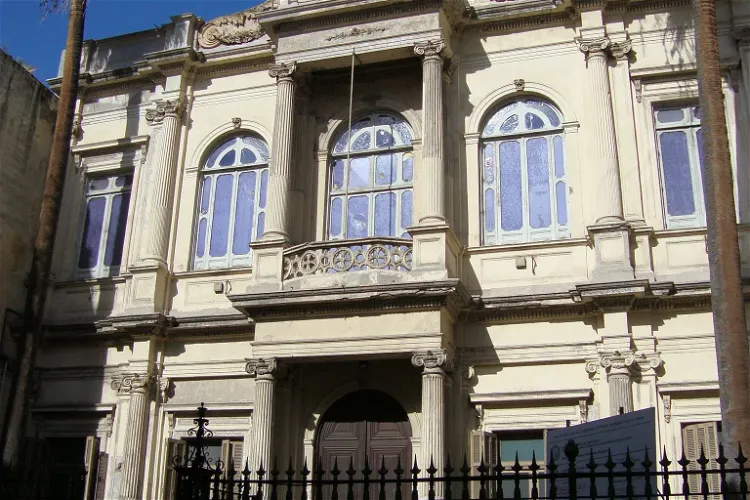
Juan B. Ambrosetti Ethnographic Museum
Buenos AiresThe Juan B. Ambrosetti Museum of Ethnography is a significant cultural institution in Argentina. It is managed by the University of Buenos Aires Faculty of Philosophy and Letters and is situated in the city of Buenos Aires. The museum offers a rich collection of artifacts and provides a deep insight into the ethnographic history of the region.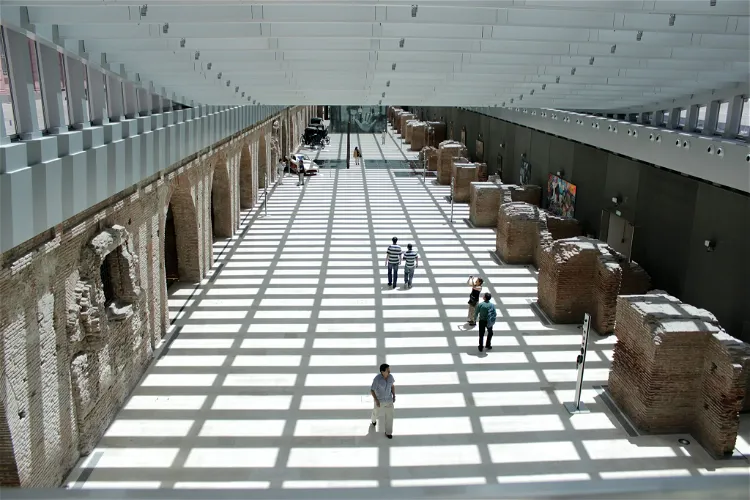
Casa Rosada Museum
Buenos AiresThe Bicentennial Museum, also known as El Museo del Bicentenario, is an Argentine museum situated in the old galleries of the Taylor Customs in Buenos Aires. The museum was inaugurated on May 24, 2011, and serves as an annex to the Casa Rosada. It houses around 10,000 historical pieces that belonged to many presidents of the Argentine Republic, originating from the collection of the Presidential Museum Casa Rosada.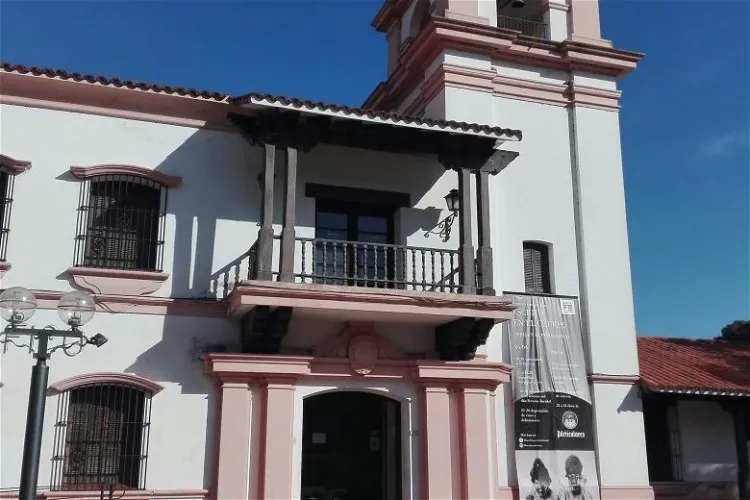
Colonial Ethnographic Museum Juan de Garay
Santa FeThe Juan de Garay Ethnographic and Colonial Museum is an ethnographic and archaeological museum situated in the city of Santa Fe, Argentina. It is a place where visitors can explore the rich history and culture of the region. The museum houses a vast collection of archaeological and ethnographic materials from the Hispanic-Indigenous period, the colonial order, and the original peoples.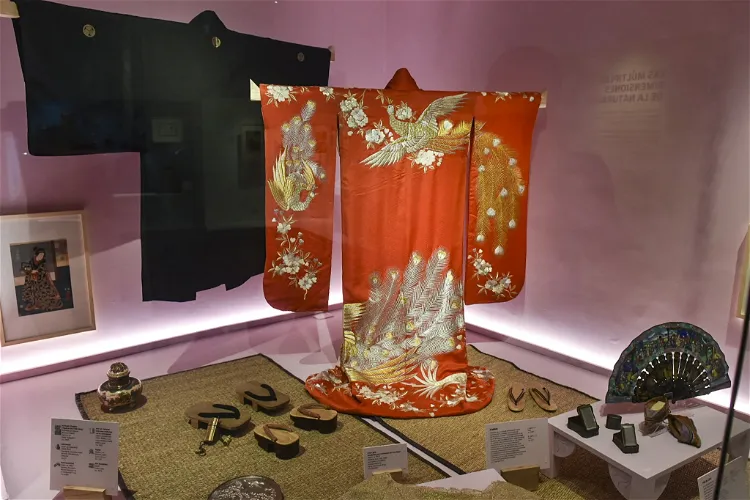
Museo Nacional de Arte Oriental
Buenos AiresThe Museo Nacional de Arte Oriental (MNAO) is situated in Buenos Aires, Argentina. The museum's primary objective is to conserve and promote the material productions of Asian, African, and Oceanic cultures. This makes it a unique destination for those interested in these diverse cultures and their artistic expressions.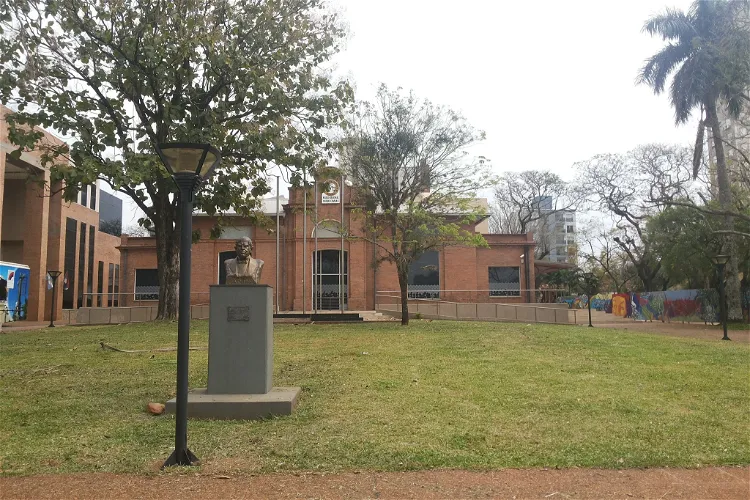
Regional Museum Anibal Cambas
PosadasThe Aníbal Cambas Regional Museum, located in the city of Posadas, Argentina, holds the distinction of being the oldest museum in the capital of Misiones. With a history spanning 75 years, the museum is a significant cultural landmark in the region.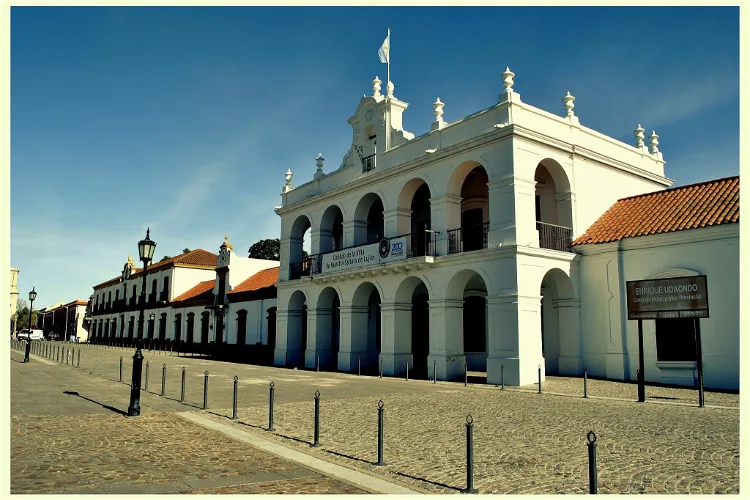
Complejo Museográfico Provincial Enrique Udaondo
LujánThe Enrique Udaondo Provincial Museum Complex is situated in the city of Luján, in the Province of Buenos Aires, Argentina. This museum complex is made up of the Colonial and Historical Museum, the Transport Museum, and the Automobile Hall. These museums collectively house a vast collection of historical and cultural artifacts, making it one of the most significant museums in the country.
Dr. Julio Marc Provincial Historical Museum
RosarioThe Dr. Julio Marc Provincial Historical Museum is a significant cultural institution situated in Rosario, Santa Fe, Argentina. It offers a deep dive into the rich history and culture of the region, making it an interesting destination for tourists interested in history and culture.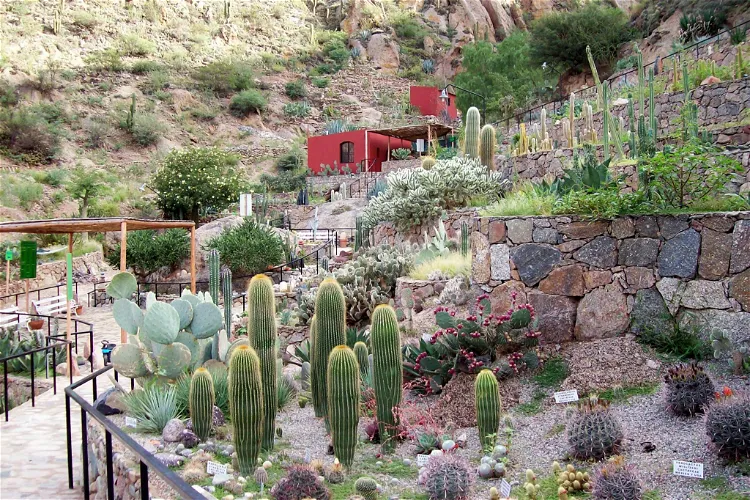
Chirau Mita Botanical Garden
La PuntillaChirau Mita Botanical Garden, located in Argentina, is a unique destination that houses over 1,200 species of cacti from around the globe. In addition to this, the garden also features various types of trees and species that thrive in dry environments, including aloe vera and agave.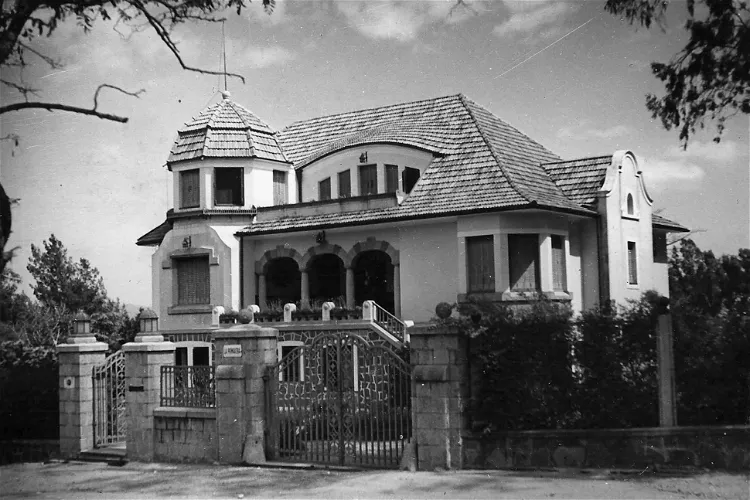
Ambato Argentine Archaeological Museum
Municipio de La FaldaThe Ambato Argentine Archaeological Museum, located in the tourist city of La Falda, Córdoba, is a public museum that houses a significant collection of archaeological pieces from the main horizons and indigenous cultures of northwestern Argentina. The museum was initially a private collection showcasing the world of the pre-Columbian peoples who inhabited northwestern Argentina. It reveals the creative capacity and the high degree of cultural development that the original peoples achieved, thanks to the collection gathered over 40 years of searches and excavations by its creator and owner, the amateur archaeologist Aroldo Rosso.
Archeology and History Museum Andres Guacurari
PosadasThe Andrés Guacurarí Historical and Archaeological Museum is situated in the city of Posadas, Argentina. This location makes it easily accessible for tourists visiting the city. The museum is a significant cultural and historical site that offers insights into the history of Misiones and the archaeology of the province and much of Northeast Argentina and neighboring regions.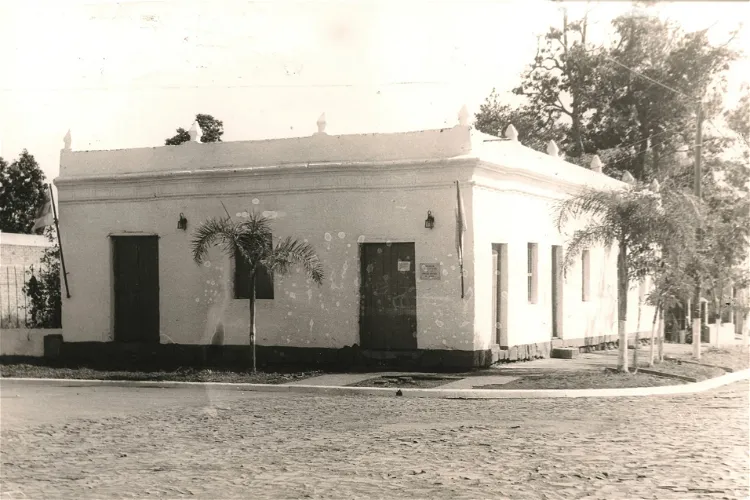
Museo Provincial San Ignacio de Loyola
Municipio de San JoséThe Museo Provincial San Ignacio de Loyola, situated in San José, Argentina, is a historical site that dates back to 1895. This museum is located at the intersection of Centenario and 9 de Julio avenues, making it easily accessible for tourists.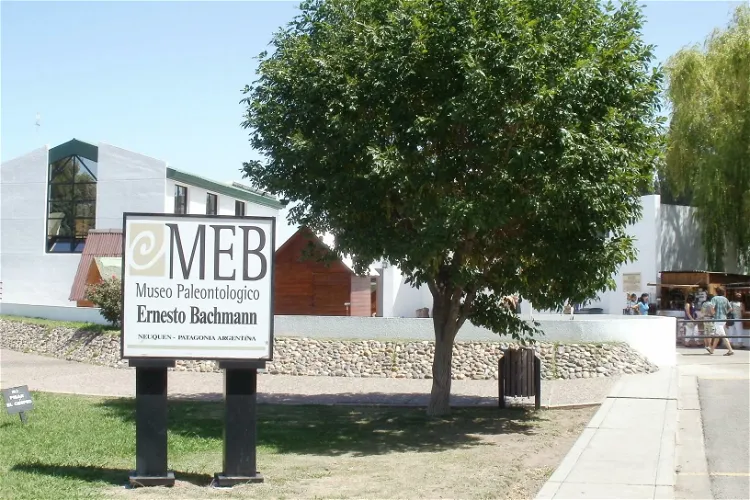
Ernesto Bachmann Paleontological Museum
Villa El ChocónThe Ernesto Bachmann Paleontological Museum, also known as MEB, is situated in Villa El Chocón, Neuquén Province, Argentina. The museum is dedicated to the study and exhibition of paleontology, archaeology, and history of Villa El Chocón and its surrounding areas. It was inaugurated on 10 July 1997 and was named after Ernesto Bachmann, a paleontology enthusiast, on 16 May 1999.
Museo Naval de la Nación
TigreThe Naval Museum of the Nation's mission is to acquire, compile, and collect objects of historical, scientific, and artistic value related to Argentine naval history and nautical activity. The museum aims to disseminate the importance of these activities in civil society and promote national maritime awareness. This is achieved through conservation, research, exhibition, and communication of cultural heritage and the dissemination of significant historical events and figures in the history of the Argentine Navy.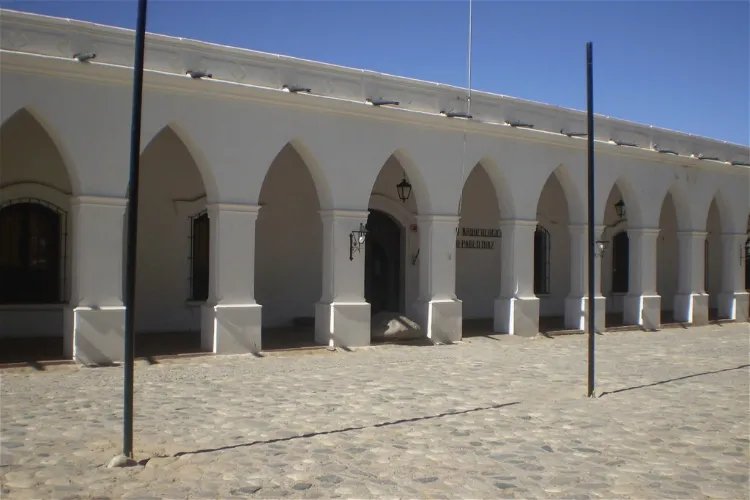
Archaeological Museum Pío Pablo Díaz
CachiThe Archaeological Museum of Cachi Pío Pablo Díaz is recognized as one of the most significant institutions dedicated to the archaeology of northwestern Argentina. It offers a unique opportunity for visitors to delve into the rich history and culture of the region.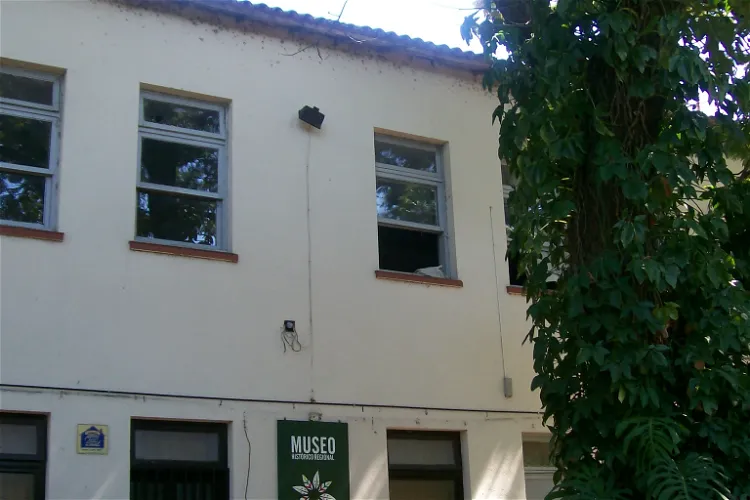
Ichoalay Regional Historical Museum
ResistenciaThe Ichoalay Regional Historical Museum, situated in the Argentine city of Resistencia, holds the distinction of being the oldest museum in the Chaco province. It was established on October 12, 1949, and has since been a significant cultural landmark in the region.
Museo Mario Brozoski
Puerto DeseadoThe Museo Municipal Mario Brososki, located in Puerto Deseado, Province of Santa Cruz, Argentina, is the only Underwater Archaeology and Conservation Museum in the country. Its primary focus is on the conservation and display of pieces and objects that are periodically rescued from the Swift corvette, which sunk in the Deseado estuary in 1770.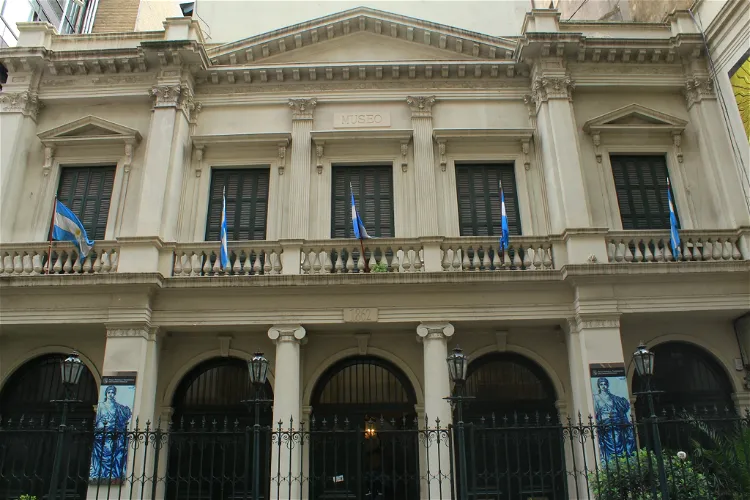
Museo Histórico y Numismático “Héctor Carlos Janson”
Buenos AiresThe Museo Histórico y Numismático "Héctor Carlos Janson" is a museum located in Buenos Aires. It is owned by the Central Bank of the Republic of Argentina and houses a vast collection of coins, banknotes, medals, and documents. This collection provides a unique insight into the history and numismatics of Argentina.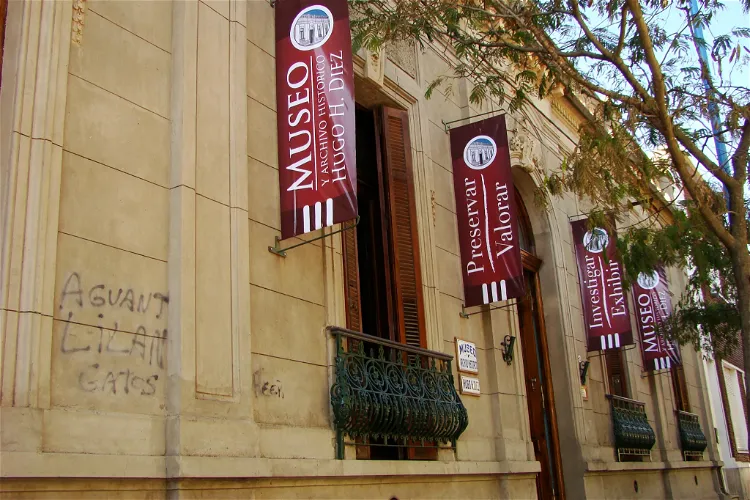
Museo Archivo Histórico Hugo H. Diez
LapridaThe Hugo H. Diez Museum, located in the city of Laprida, Buenos Aires, Argentina, is the only museum in the Laprida district. It has been functioning as a community institution since 1987, stimulating participation in non-formal education in various fields such as paleontology, archaeology, history, and art. This makes it a unique destination for those interested in these areas of study.- 24
Archaeological Museum Adán Quiroga
Municipio de San Fernando del Valle de CatamarcaThe Adán Quiroga Archaeological Museum is a significant cultural institution in the province of Catamarca. It is home to the most extensive collection of archaeological artifacts in the region. The museum's collection provides a unique insight into the history and culture of the area, making it a fascinating destination for those interested in archaeology and history. - 25
Municipal Museum of Natural Sciences Vicente Di Martino
Monte HermosoThe Vicente Di Martino Natural Sciences Museum is a natural history museum located in the Alborada Civic Center, Monte Hermoso resort, in the province of Buenos Aires, Argentina. The museum exhibits a wide range of zoological and paleontological pieces, offering visitors a unique insight into the natural history of the region. - 26
Plaza Pedro del Castillo Underground Chamber
MendozaThe underground chamber under the Plaza conceals two underground fountains from 1810 and 1930, respectively, with an interesting history. - 27
Museo Arqueológico Regional Inca Huasi
La RiojaThe Museo Arqueológico Regional Inca Huasi, located in the city of La Rioja, is one of the most significant museums dedicated to the archaeology of northwestern Argentina. Founded in 1926 by Father Bernardino Gómez, a member of the Franciscan Order, the museum has grown to house a vast collection of archaeological artifacts.